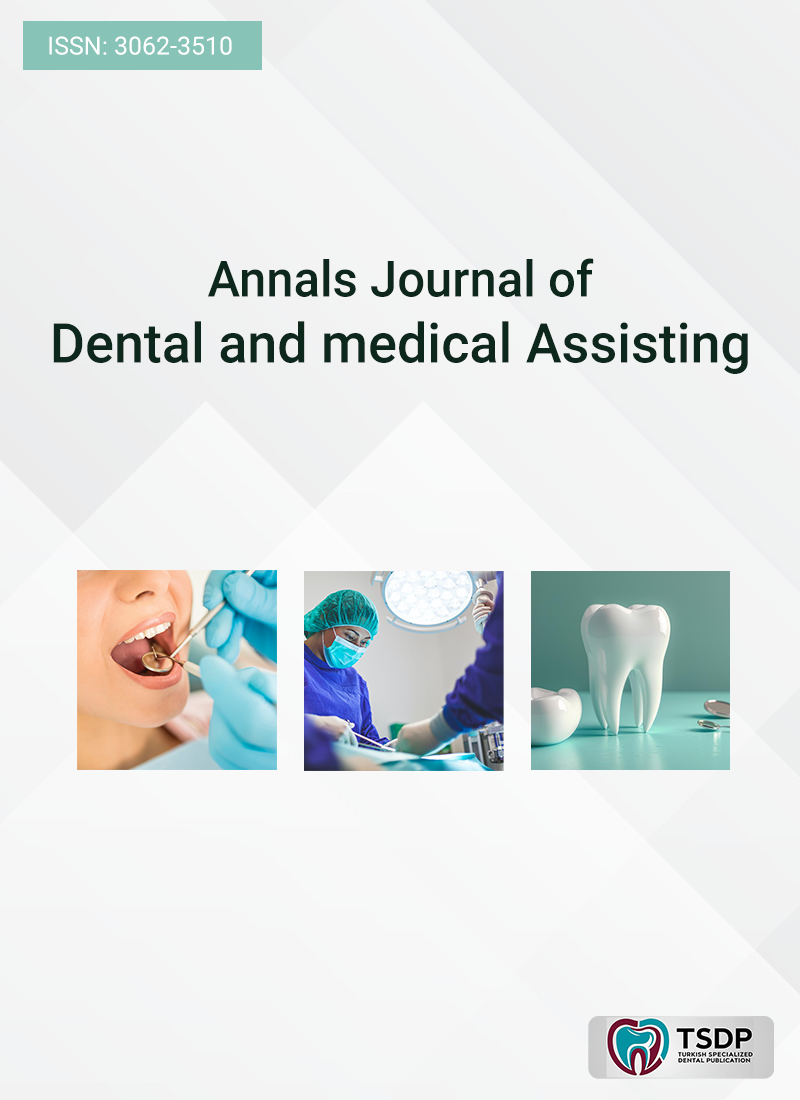
3D printing is a layered structure method that is utilized to make 3D models of intricate structures. 3D printing has many equipment, materials, and methods. The purpose of this review is to investigate the utilization of 3D printers in dental prostheses manufacture; in which we evaluated the types of processing materials, methods, and accuracy. A standard search technique was utilized in Google Scholar and PubMed databases. The inclusion criteria for the study were articles in English, in the prosthetics manufacturing field, and the use of the incremental method in the work stages, in the range of 2015 to 2024. Until now, in dental prostheses, the methods of Selective Laser Melting (SLM), Stereolithography (SLA), Material jetting (inkjet), and Fused Deposition Modeling (FDM) have been utilized to make surgical guides, implants, frames Metal, casts, removable prostheses, specialized tri, fixed prostheses, and cast patterns have been used. The appearance of digital and 3D technology has had a significant effect on prosthetic work and tooth reconstruction. The quality of prosthetic parts made using this method is clinically acceptable in most cases and can replace conventional techniques. Printing materials and methods utilized in dentistry are developing every day. For the successful utilization of this method, we require an up-to-date and complete knowledge of the material application method, limitations, and advantages of this new technique.